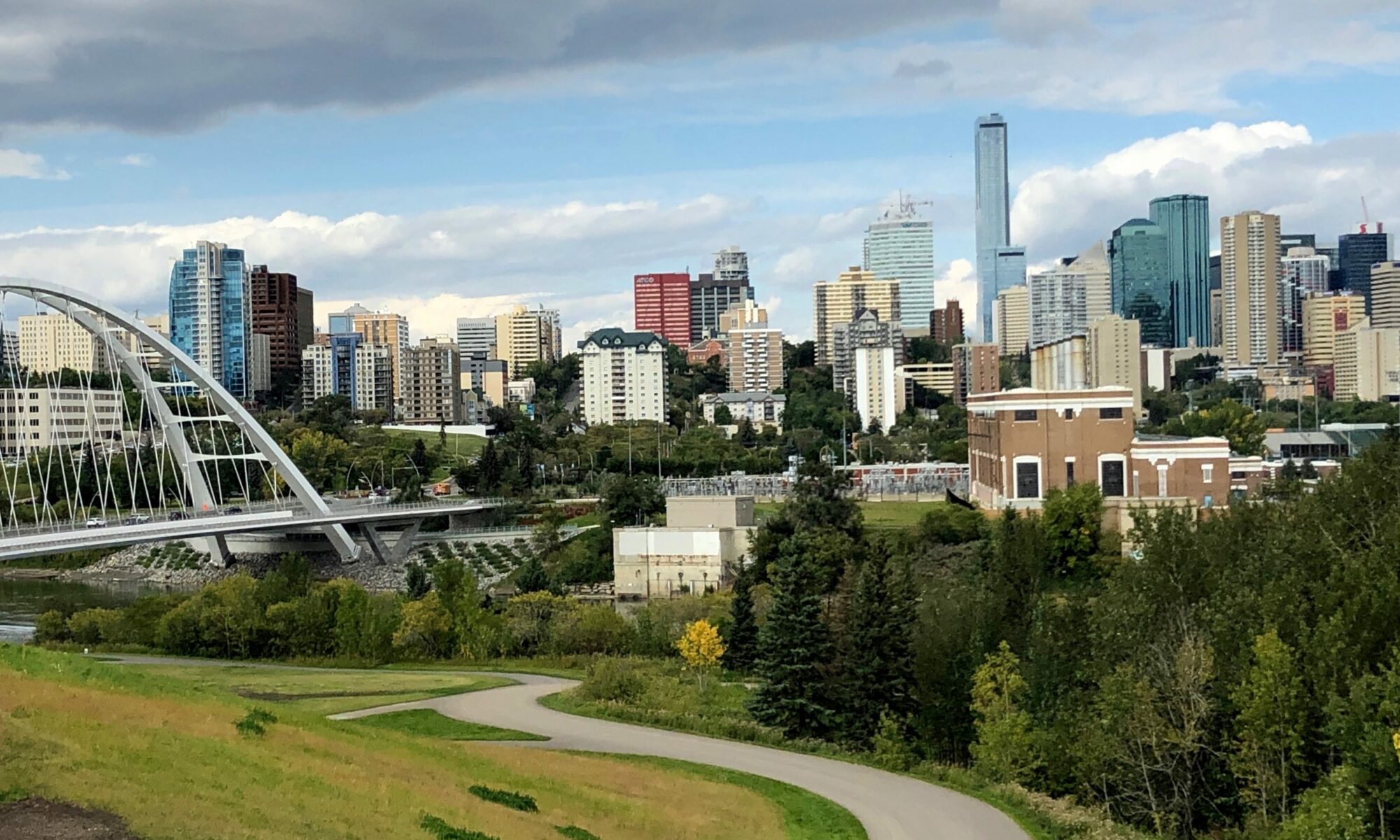Brian Kiely November 1, 2020
Today, while looking south of the border, I am pondering how utterly undramatic the election process is in Canada. The election itself may have excitement surrounding who will win and by how much, but the actions of voting and counting votes are smooth and generally uncontroversial. Phew!
A fundamental characteristic of democracy is the ability of the people to elect their governments and then to be able to hold that government to account at a later date. The key instrument of their voice is the vote. Ensuring that all eligible citizens have the easy and unfettered ability to cast that vote ought to be a cornerstone of a civil society.
In Canada, there is a single federal authority responsible for governing all aspects of the electoral process. Formally, it is called the “Office of the Chief Electoral Officer” but is better known as “Elections Canada”. This century old non-partisan office is appointed by and reports to the entire Parliament of Canada, not to the government of the day. This is a subtle distinction, but an important one. Elections Canada serves the whole electoral body and by implication the citizenry. It symbolic of the independence and non-partisan character of the office.
A good sign of the reputation and efficiency of Elections Canada is its largely unknown leadership. I doubt one in a hundred thousand Canadians know that the CEO is Stephane Perrault who has four years left in his 10 year term. (Yeah, I had to look it up. I’m not that one in a hundred thousand.)
With a permanent staff of about 300, the office oversees all aspects of registration and voting in all federal elections as well as overseeing campaign finance. The work includes training election staff and providing public information. Want to know if you are registered? Go to the Elections Canada home page of the website and follow the link. It took me 90 seconds to confirm that I am good to go. Registering for the first time takes just a little bit longer. And, of course, real people are available to help in offices and online.
During election campaigns, which last a mercifully short 36-50 days, Elections Canada staff swell to 190,000 across the country. I had the privilege of serving as a poll clerk in 2019. Our eight polling stations were in a school gym three blocks from my house. I believe the farthest I have ever had to travel to vote was about 1 kilometre. Our clerk training was good, with an emphasis on non-partisanship and a goal of helping everyone vote. We each swore and signed an oath to execute our duties properly and fairly. We were even warned against wearing clothes suggestive of the colours of any of the political parties.
The polling station itself included the 16 poll clerks, our supervisor, several information officers helping people figure out where to go, and two people tasked with sorting out registration issues (including last minute sign ups- yes we do that!). The clear goal was to try to to say ‘yes’ to voting if possible.
The underlying philosophy of Elections Canada is clear: Let’s make it easy for qualified citizens to vote. Period. Full stop.
When the poll closed, my poll partner (whom I had just met that day) and I were given the go ahead to read the paper ballots and record each vote on well structured sheets. Then we double checked. Any questionable ballot was set aside for a supervisor to examine. We had none. In all, we had about two hundred votes to count. The supervisor checked our tallies against the total number of ballots cast at our polling station. Everything was then carefully sealed in envelopes in case a recount was necessary.
Throughout the day I observed only courteous and respectful interactions with voters and a willingness to help people to exercise their fundamental right.
And to go back to my first point; I witnessed, in that long 14 hour day just how completely undramatic the whole process was. The operation was smooth, no eligible voter was turned away and citizens got the help they needed. I saw nothing even close to impropriety.
The drama of elections should be in the campaigns and the election night parties, not in the process of voting. Letting the people have their say freely and without fear is one hallmark of a civil society and a functioning democracy.
There are other aspects of the Canadian system of governance that can and are questioned, but the elections process is not one of them.
